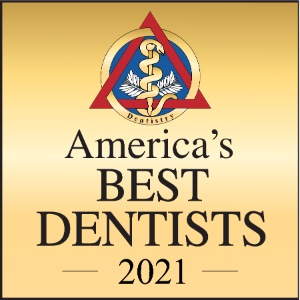Understanding Traumatic Oral Injuries
Traumatic oral injuries can involve anything from damage to the teeth and gums to more severe injuries affecting the soft tissues and bones of the face. These injuries often happen due to direct impact from falls, sports, workplace accidents, car crashes, or physical assaults. Quick and proper care is essential to prevent further complications.
Chipped, Fractured, or Cracked Teeth
It’s not unusual for teeth to chip, crack, or fracture. This can happen from something as simple as biting into ice or chewing on a pen, or from more serious trauma like a direct hit to the face. Damage can range from minor chips in the enamel to more severe fractures that may even affect the root. Treatment options vary depending on the extent of the damage and could involve a filling, crown, root canal, or in severe cases, an extraction.
Dentoalveolar Injuries
Dentoalveolar injuries affect both the teeth and the surrounding bone. These injuries can include teeth that have been dislodged or partially knocked out of their sockets, sometimes with pieces of the adjacent bone. In more severe cases, a tooth might be completely knocked out. Immediate dental care is crucial to reposition the teeth or bones and stabilize them. After the initial treatment, follow-up care is necessary to monitor healing and ensure there are no nerve issues or other complications.
Soft Tissue Injuries
Soft tissue injuries include cuts or tears inside the mouth or around the face. If you experience a soft tissue injury, gently rinse the area with water and apply a cold compress to reduce swelling. For puncture wounds, tears, or lacerations to the lips, cheeks, tongue, or surrounding tissues, emergency care is needed to prevent infection and promote healing.
Dislocated or Fractured Jaw
Facial trauma resulting in a dislocated or fractured jaw needs immediate medical attention. Jaw injuries can make it difficult to eat or breathe, and quick care can prevent further complications. For a fractured jaw, treatment depends on the severity—some may only need immobilization, while others with multiple fractures might require surgery. If the jaw has been dislocated, it will need to be manually repositioned, and in some cases, surgery may be necessary to prevent recurring dislocations.







